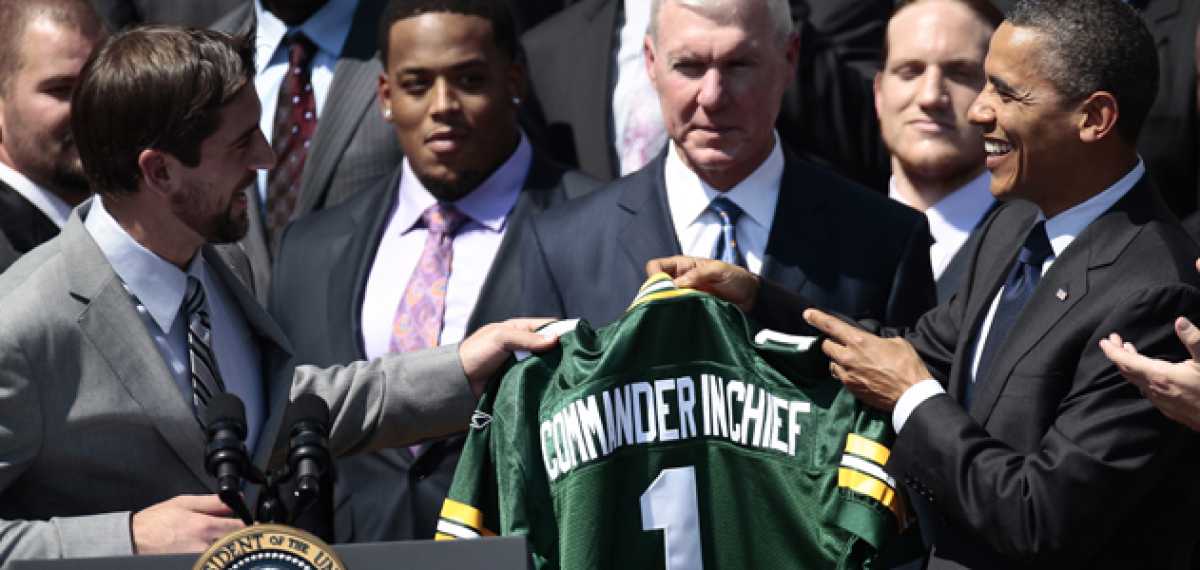Features
The Intersection Of Politics And Sports: Controversies And Impact

In recent years, the intersection of politics and sports has become increasingly apparent, redefining the relationship between athletes, teams, and the wider world. Historically, sports were a refuge from the pressing political issues of the day. Athletes were expected to remain politically neutral, with their focus solely on their respective games. However, as social issues have gained prominence, athletes and sports organizations have increasingly embraced their platforms to express their views and bring about change.
Controversial Player Activism
Player activism has been a significant catalyst for the intersection of politics and sports. Athletes have utilized their celebrity status and platform to raise awareness about issues close to their hearts. Colin Kaepernick, the former NFL quarterback, ignited a nationwide debate when he kneeled during the national anthem to protest racial inequality and police brutality. His peaceful protest sparked a wave of player activism across various sports, inspiring athletes in other leagues to follow suit.
While player activism has garnered support and praise, it has also faced significant backlash. Critics argue that athletes should “stick to sports” and keep their political views separate from their game. They point to the potential negative impact on the team’s brand and revenue streams, as well as the potential alienation of fans who may hold differing political beliefs. Nevertheless, these controversies have forced conversations about social issues into the mainstream, provoking critical discussions and challenging the status quo.
Boycotts and Sports Event Relocations
In addition to player activism, entire sports organizations have taken political stances on various issues, often resulting in boycotts and event relocations. For example, the NBA’s decision to move the 2017 All-Star Game from Charlotte, North Carolina, in response to the state’s controversial “bathroom bill,” which discriminated against LGBTQ+ individuals, received widespread attention. The league’s bold move demonstrated its commitment to inclusivity and sparked conversations about the role of sports in promoting social change.
Similarly, the Olympic Games have witnessed numerous boycotts throughout history. The most notable example is the United States’ boycott of the 1980 Moscow Olympics in protest against the Soviet Union’s invasion of Afghanistan. Such actions highlight the power and influence of sports organizations in shaping political discussions and shedding light on global issues.
The Impact on Athlete-Fan Connections
With the increased politicization of sports, the relationship between athletes and fans has also evolved. Some fans embrace and admire athletes who use their platforms to address social issues, viewing them as role models and champions of change. These fans appreciate the message conveyed by their favorite athletes, leading to a stronger connection and deeper loyalty.
However, not all fans are receptive to the blending of politics and sports. Some believe that politics should remain separate from the field or court, viewing sports as an escape from the tensions of everyday life. For these fans, the injection of politics into sports can dilute the joy and entertainment they seek after a long day. Consequently, controversial player activism or sports organization stances can create division between athletes and certain fan bases.
The Evolving Obligations and Responsibilities of Athletes
The intersection of politics and sports has prompted a reassessment of the obligations and responsibilities of athletes. In the past, the expectation was for athletes to focus solely on their game and avoid making waves. However, the changing social climate has challenged this notion, urging athletes to use their influence for the greater good.
Some athletes have embraced this newfound responsibility, recognizing their potential to effect change and promote social justice. They understand that their privileged positions provide a unique platform to amplify marginalized voices and advocate for equality. Others, however, prefer to keep their political views private, believing their on-field performance should be their primary concern.
Conclusion
The intersection of politics and sports has forever altered the landscape of the sporting world. From player activism to event relocations, the blending of politics and sports has sparked intense debates and catalyzed social change. While controversies persist and fan reactions differ, there is no denying the significant impact this intersection has on athletes, fans, and society at large. As we move forward, it will be interesting to see how this relationship continues to evolve and shape both the sports and political landscapes.










